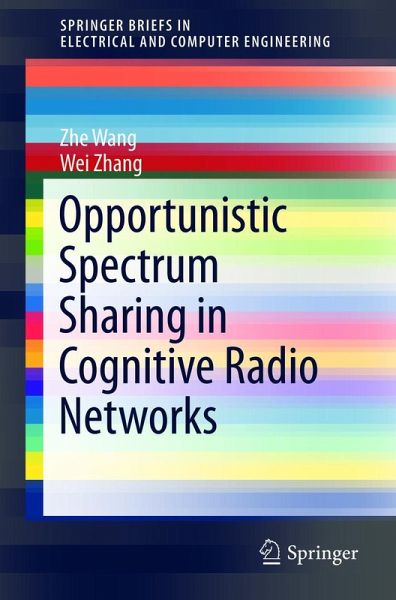
Opportunistic Spectrum Sharing in Cognitive Radio Networks

PAYBACK Punkte
19 °P sammeln!
This Springer Brief investigates spectrum sharing with limited channel feedback in various cognitive radio systems, such as point-to-point, broadcast scheduling and ad-hoc networks. The design aim is to optimally allocate the secondary resources to improve the throughput of secondary users while maintaining a certain quality of service for primary users. The analytical results of optimal resource allocation are derived via optimization theory and are verified by the numerical results. The results demonstrate the secondary performance is significantly improved by limited feedback and is further...
This Springer Brief investigates spectrum sharing with limited channel feedback in various cognitive radio systems, such as point-to-point, broadcast scheduling and ad-hoc networks. The design aim is to optimally allocate the secondary resources to improve the throughput of secondary users while maintaining a certain quality of service for primary users. The analytical results of optimal resource allocation are derived via optimization theory and are verified by the numerical results. The results demonstrate the secondary performance is significantly improved by limited feedback and is further improved by more feedback bits, more secondary receivers and more primary side information.













